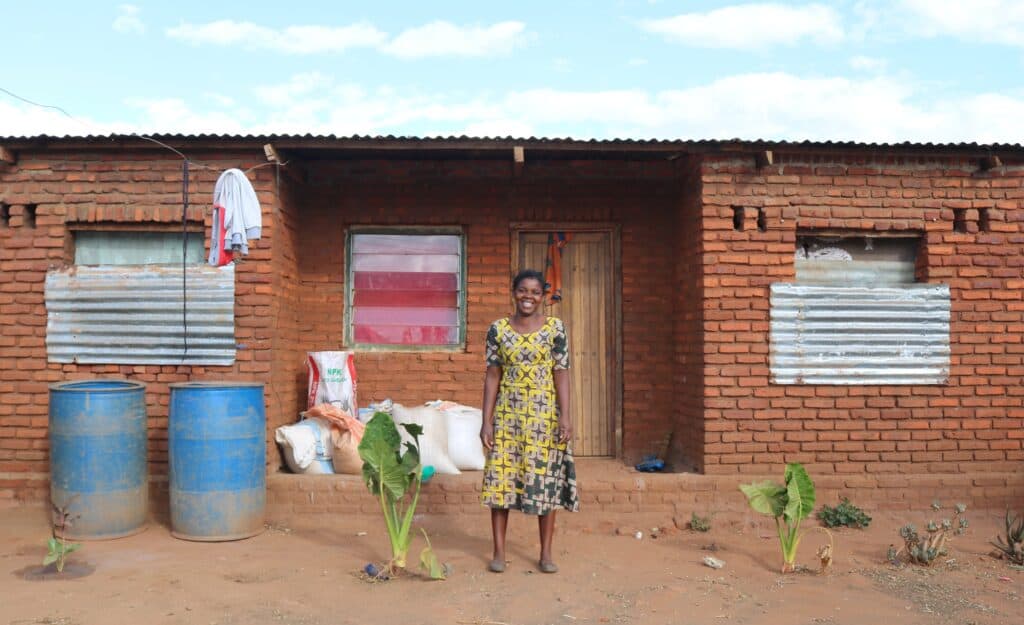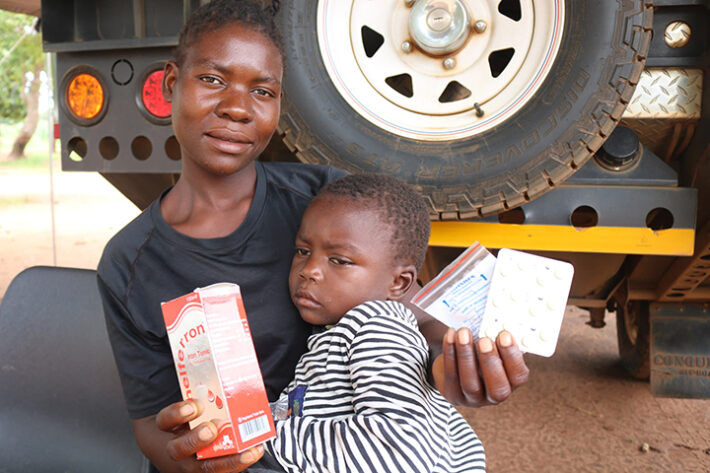Women Village Savings and Loan Groups


Married with 2 kids, Miguel Mpango is a participant in our Financially Empowering Microloans (FEM) for Women Program. She runs an agro dealing business.
The Orant Charities Africa FEM program supports women who are stuck in a cycle of poverty. It provides no-interest loans, which participants pay back in equal installments over four months. This money helps participants invest in their small business. They use the profits to improve their lives by sending their children to school, buying household needs, and further investing in their businesses. This is made possible by their savings.
“Most people in rural areas lack the saving culture,” says Tango Phiri, Orant’s FEM Program Manager.
In response, FEM organized two Women Village Savings and Loan (VS&L) Groups. Being part of such a group has made a significant difference in Miguel’s life.
“We introduced the VS&L groups as a way of cultivating a saving mindset in the women we work with,” says Tango. The first group started in 2018; the second in 2021. At age 24, Miguel joined the Tiyanjane VS&L group in August 2021.
Each group is composed of 12-15 hard-working women, ready to take charge of their financial futures. They run small-scale businesses and use the VS&L groups to save their proceeds.
“I was doing business for a very long time, but nothing tangible emerged from my long days of toil,” says Miguel. “I used to use all the proceeds from my business on unnecessary things. It was a hand-to-mouth situation.”
The VS&L groups serve in one-year cycles. The cycle starts in January. They share out in December. However, Miguel’s group started late.
“Our group started in August, but I still came out with a sum of 102,000 MWK during our December share outs,” says Miguel.
Miguel re-invested her portion of the shares in her business. With the proceeds, she extended and renovated her house.
What strikes her most about the VS&L group is its access to loans.
“Before joining the VS&L group, whenever emergencies arose, I got hit with high and costly interest loans. But now I get loans from my group and generate my own interest.”
Currently, Miguel has joined another cycle. Once she gets her share out in December, she plans to buy a digital scale and get her business officially registered.



